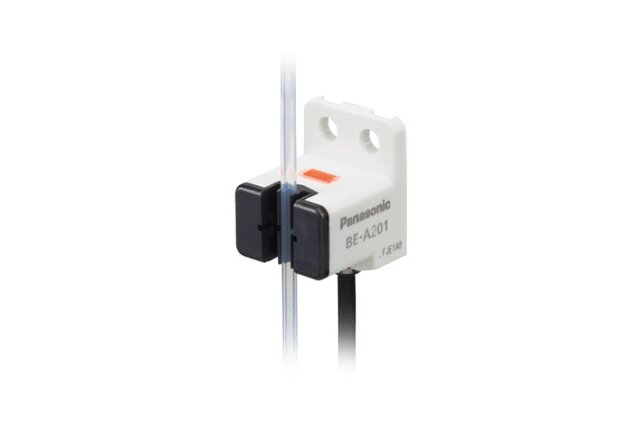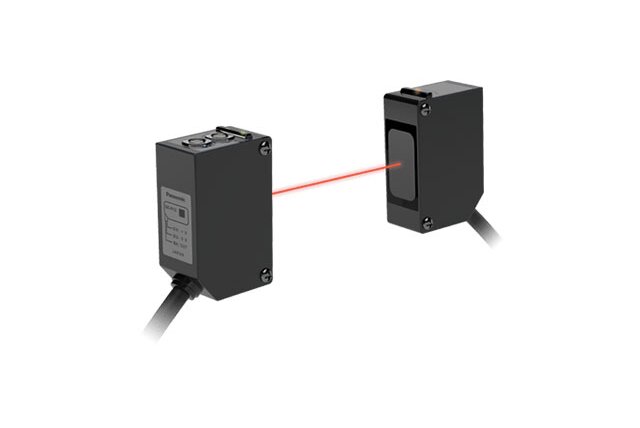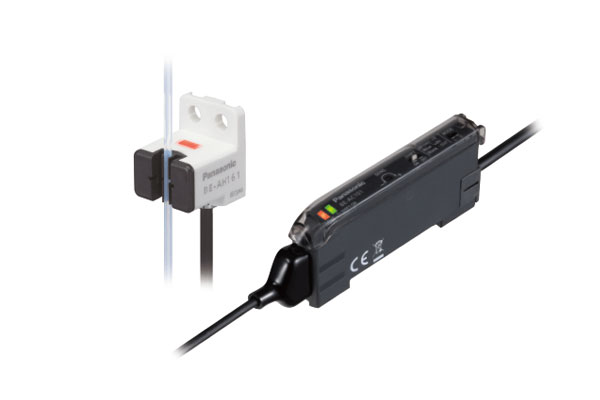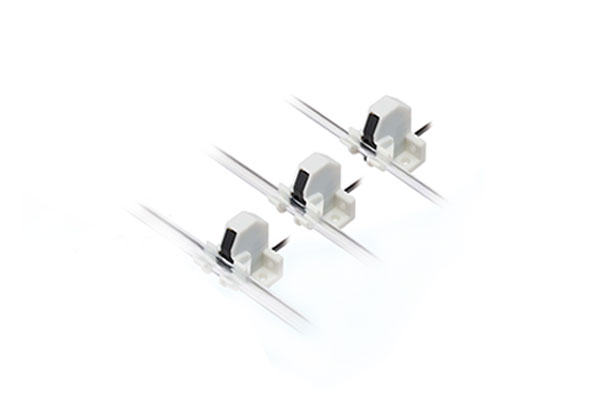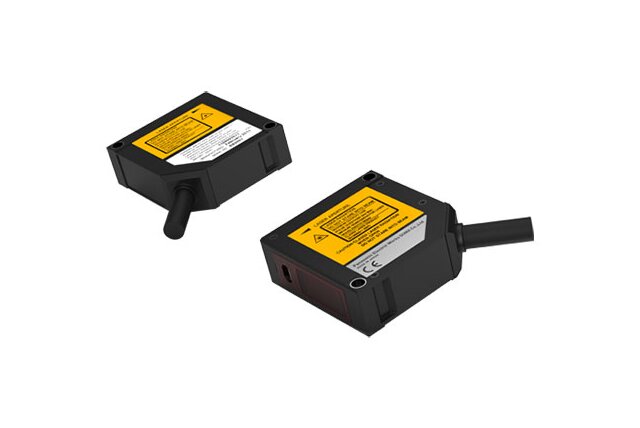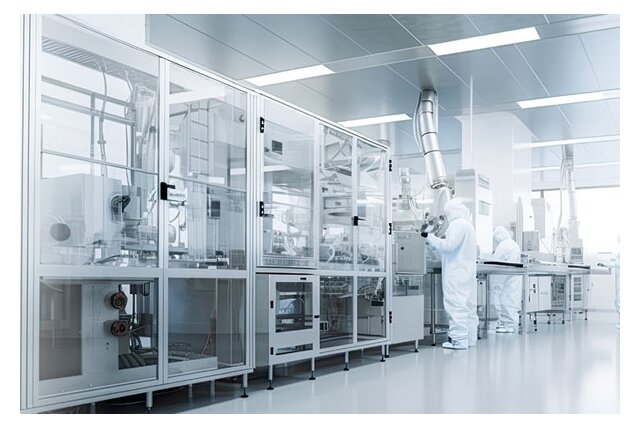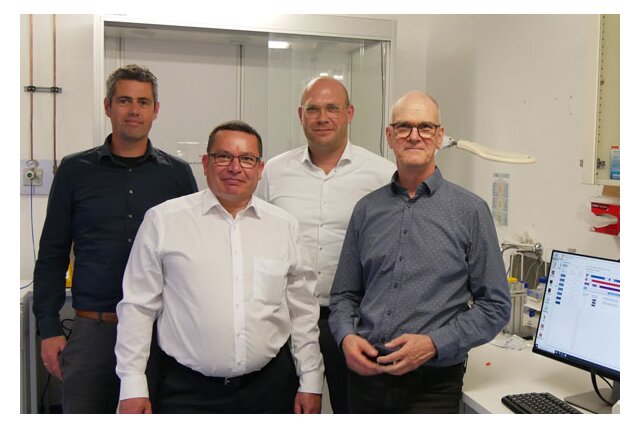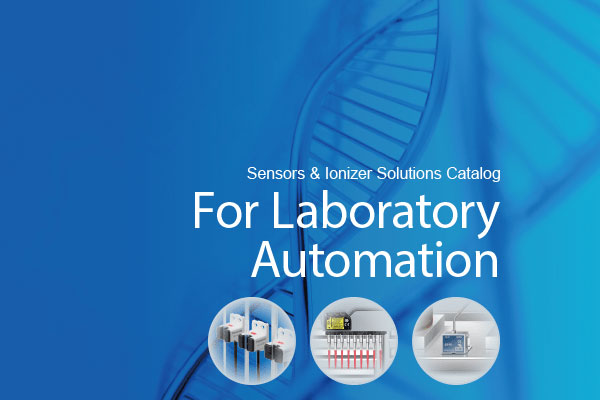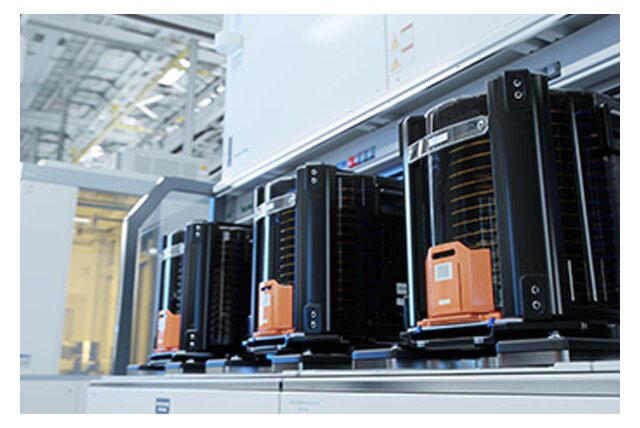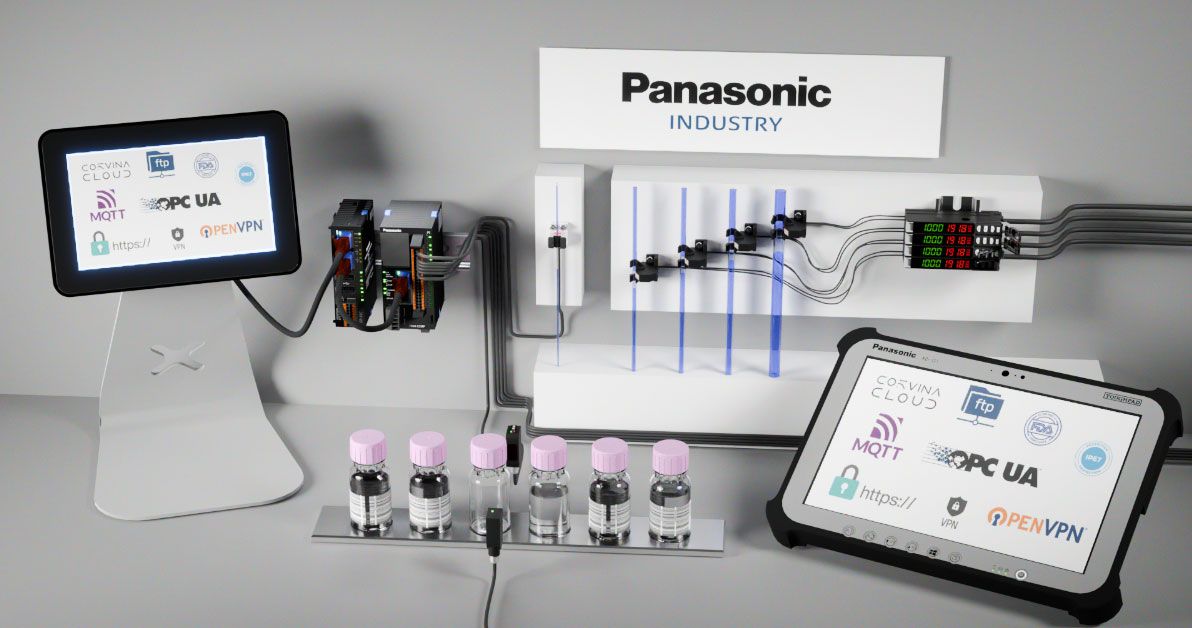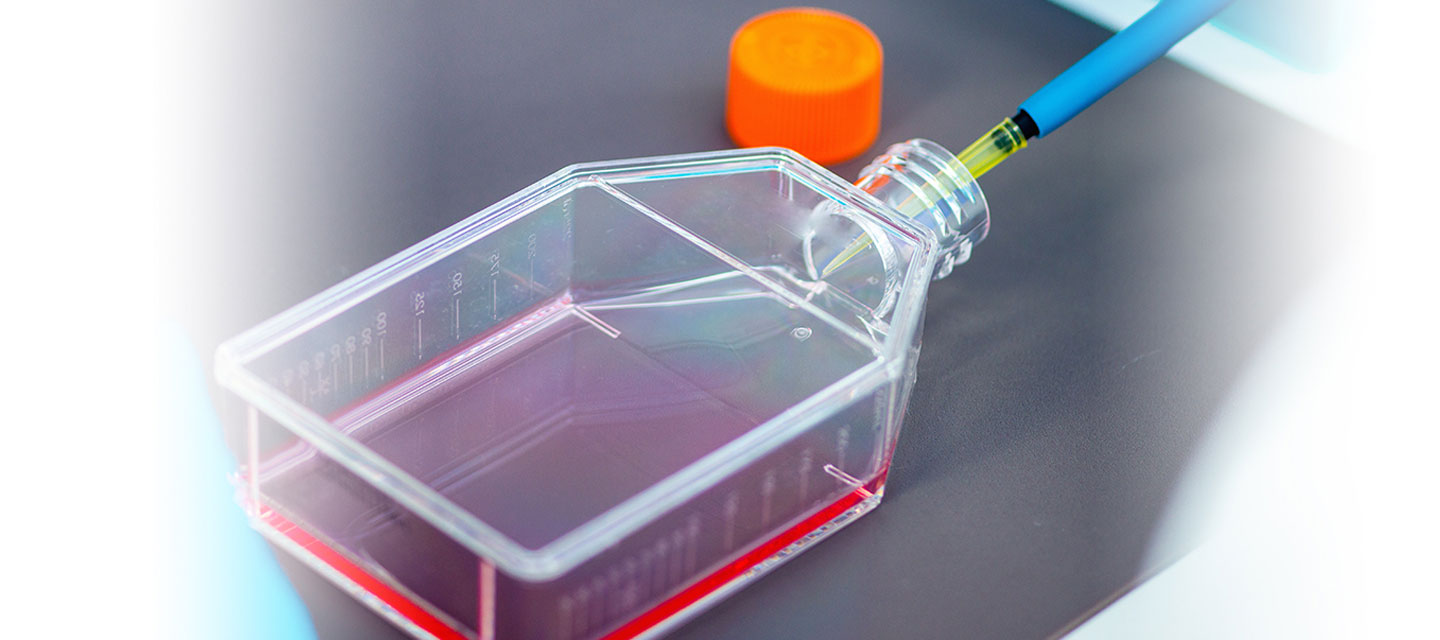
Automation of cell culture: now is the time
Has the importance of cell culture ever been so significant? Consider the urgency of bringing medicines to market faster, alongside the need to accelerate new cell therapies. Therefore, enhancing cell culture for more efficiency and reliability isn't just a nice-to-have. It’s a necessity, created by the many possibilities of laboratory automation.
If you ask pharmaceutical companies which process they want to optimize, cell culture in their labs is the top answer. Surprising? Not really, given the manual labor still involved. Cell culture is not just time-consuming and labor-intensive; it's fraught with the potential for costly errors. Contaminations can undo months of work and escalate expenses dramatically. This makes cell culture not only a significant investment but also a gamble.
Beyond the robot
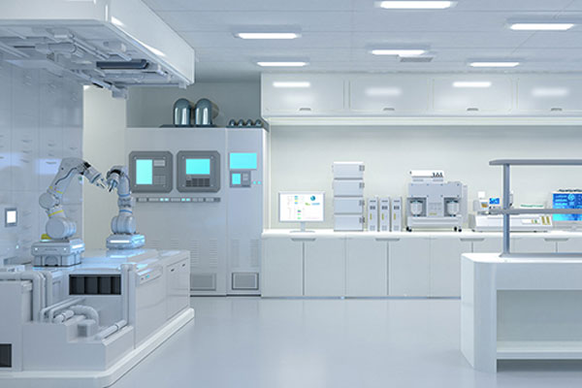
Getting a better grip on cell culture requires more than just constant oversight; it demands for smart solutions. Being there round the clock isn't feasible, and robots alone fall short. They can break down or cause accidents, especially when unsupervised. It's clear we need more than just automated machines. We need intelligent environments that ensure continuity and precision.
Speeding up science
Imagine the impact of accelerating manual cell culture. Medicines could hit the market faster, potentially saving thousands of lives day after day. Plus, the certainty around drug patent protection would increase. For pharmaceutical companies this is an essential factor now that the window for patent protection has significantly narrowed.
Responding to society’s call
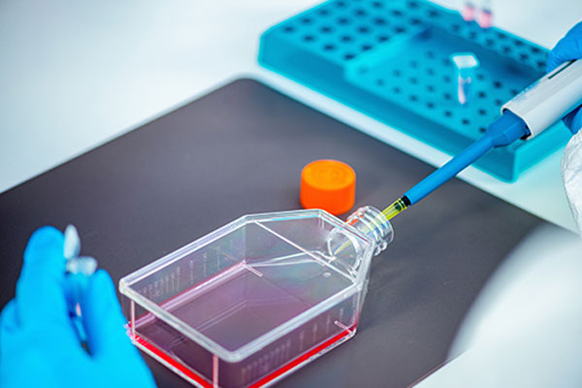
Beyond medicine development, there's a vast potential for cell therapy that remains untapped. CAR-T cell therapy, for instance, is currently approved for just 10% of cancer types. By 2030, this percentage is expected to change dramatically, increasing the demand for human cells. The question is, how will you keep pace? Not just in speed but also in the required precision?
The future is automation
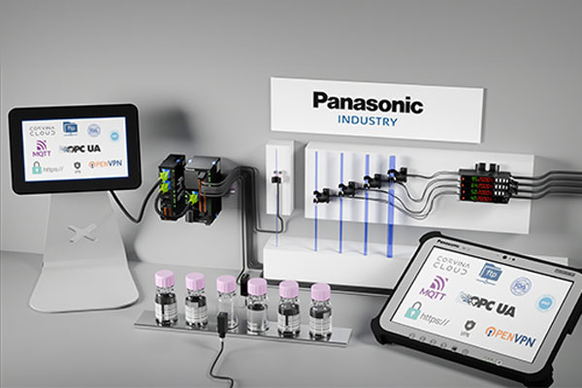
The sustainable future of cell culture lies in further automation. Think sensor technology for detection, analysis, and monitoring, advanced control systems that minimize downtime and the huge potential of the Industrial Internet of Things (IIoT). By leveraging data analytics and remote insights, you gain more control and ensure higher quality in cell culture.
Contact us
Ready to reduce manual labor in your lab? Want to speed up your research, enhance cell quality, and cut operational costs? With all the advancements in the biomedical field, now is the time. We can help you boost your control over cell culture through laboratory automation, and create room for new research breakthroughs. Reach out to one of our lab automation specialists. We're here to guide you through the process.

